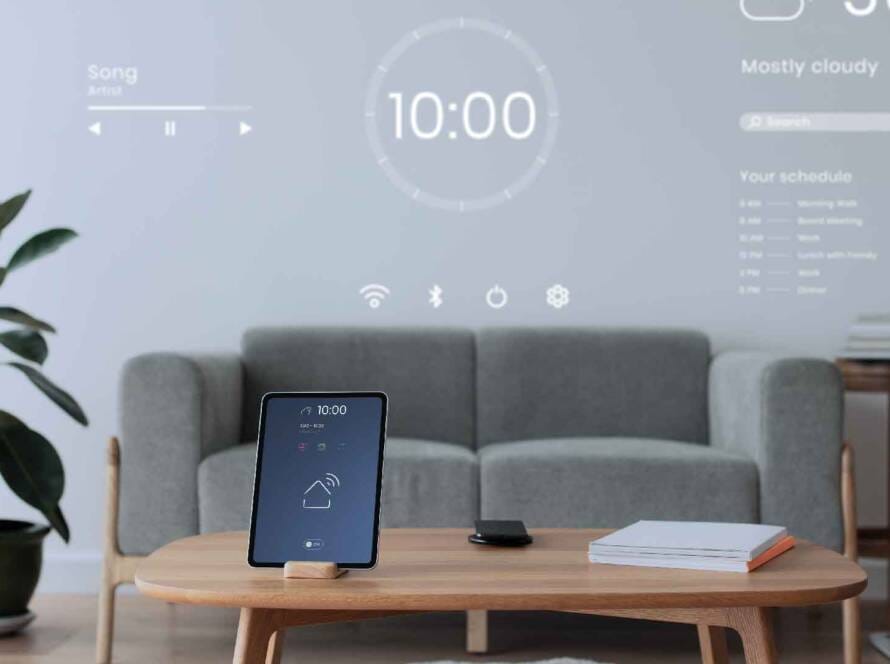In a world where technology continuously reshapes our lifestyles, intelligent climate control is emerging as one of the most impactful innovations for modern living. Far beyond traditional thermostats, today’s smart climate systems integrate advanced sensors, AI-driven algorithms, and IoT connectivity to deliver comfort that is not only personalized but also energy-efficient and sustainable.
From Temperature to Total Comfort
For decades, climate control was limited to setting a desired temperature. Modern intelligent systems go much further by understanding the context in which we live. They adapt to humidity levels, air quality, occupancy, and even user habits to create an environment that feels natural and balanced. Instead of simply reacting to temperature changes, smart climate solutions predict and adjust in real-time, ensuring a consistently comfortable indoor experience.
The Role of Smart Technology
The backbone of intelligent climate control lies in its use of smart technology. With connected devices and AI-powered platforms, these systems learn from our daily patterns. For example, if a home is usually empty during working hours, the system automatically reduces energy consumption and restores comfort levels shortly before residents return. This seamless adaptation not only provides convenience but also contributes to energy efficiency and cost savings.
Energy Efficiency and Sustainability
One of the strongest arguments for adopting smart climate solutions is their ability to cut down on energy waste. Traditional systems often run unnecessarily, cooling or heating empty rooms. Intelligent systems, however, fine-tune performance using machine learning algorithms and data from sensors. By doing so, they significantly lower energy bills and reduce the overall carbon footprint, making them a vital tool in the pursuit of sustainability.
Integration with Smart Homes
As the concept of smart homes gains momentum, intelligent climate control is becoming a central feature. Integration with platforms such as Google Home, Amazon Alexa, or Apple HomeKit allows users to manage their environment with voice commands or even automate settings based on geolocation. Imagine your home adjusting its climate as soon as your car enters the driveway—comfort and efficiency working hand in hand.
Beyond Residential Spaces
The benefits of intelligent climate systems extend far beyond households. In commercial buildings, offices, and industrial facilities, intelligent control ensures optimal conditions for productivity while minimizing operating costs. Hospitals, schools, and hotels increasingly rely on these solutions to maintain a healthy and comfortable environment tailored to diverse needs.
Health and Well-being
Comfort is not just about temperature—it’s also about health. Intelligent climate control systems monitor air quality, ventilation, and humidity, which are critical to human well-being. By filtering pollutants and balancing moisture levels, these systems help reduce allergies, respiratory issues, and fatigue, leading to a healthier lifestyle.
The Future of Comfort
Looking ahead, the future of intelligent climate control will be shaped by deeper AI integration, renewable energy sources, and greater personalization. We can expect systems that sync with wearable devices to track body temperature, heart rate, and stress levels, adjusting indoor conditions accordingly. The result will be an era where comfort is not just automated but hyper-personalized.
Conclusion
Intelligent climate control is not just about managing temperature—it is about redefining the way we experience comfort. By combining smart technology, energy efficiency, sustainability, and health-conscious design, these systems are paving the way for homes and workplaces that are more responsive, efficient, and human-centered. As adoption grows, this innovation will become an essential element of modern living, transforming comfort from a basic need into an intelligent, dynamic experience.

